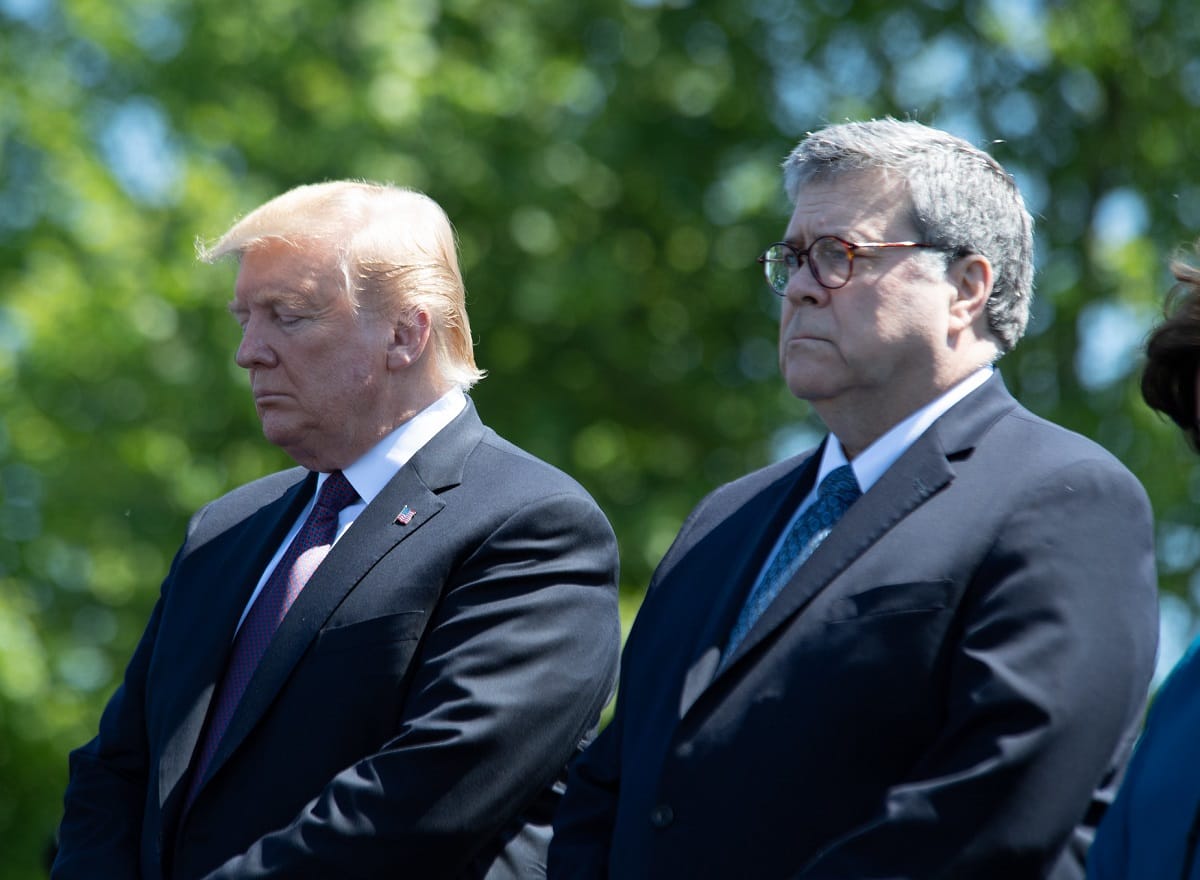Coronavirus Roundup: Changes to ‘Team Telecom’ Foreign Asset Review, Broadband Now on Telehealth, CoSN on Homework Gap
President Trump established the Committee for the Assessment of Foreign Participation in the United States Telecommunications Services Sector on Saturday, according to the White House. The Executive Order is designed to assist the Federal Communications Commission address national security concerns
David Jelke

President Trump established the Committee for the Assessment of Foreign Participation in the United States Telecommunications Services Sector on Saturday, according to the White House.
The Executive Order is designed to assist the Federal Communications Commission address national security concerns that may arise from foreign participation in the United States telecommunications services sector.
The responsibilities of the Committee include reviewing applications and licenses for risks to national security and law enforcement and responding to any risks presented by applications or licenses by recommending to the FCC that it dismiss an application, deny an application, condition the grant of an application upon compliance with mitigation measures, modify a license with a condition of compliance with mitigation measures, or revoke a license.
The Committee is comprised of the Secretary of Defense, the Attorney General, the Secretary of Homeland Security, and the head of any other executive department or agency, or any Assistant to the President, that the President determines appropriate. The new committee will be chaired by Attorney General William Barr and funded by the Department of Justice.
“I applaud the President for formalizing ‘Team Telecom’ review and establishing a process that will allow the Executive Branch to provide its expert input to the FCC in a timely manner,” FCC Chairman Ajit Pai said in a statement. “Now that this Executive Order has been issued, the FCC will move forward to conclude our own pending rulemaking on reform of the foreign ownership review process.”
“As we demonstrated last year in rejecting the China Mobile application, this FCC will not hesitate to act to protect our networks from foreign threats. At the same time, we welcome beneficial investment in our networks and believe that this Executive Order will allow us to process such applications more quickly.”
New BroadbandNow links digital divide to integrity of telemedicine
A BroadbandNow report published on Friday highlights the digital divide’s role in disadvantaging rural Americans in accessing telehealth. The report, titled “Widespread telehealth adoption in rural communities requires widespread broadband availability,” elucidated four key findings:
- Telehealth services could ease the unprecedented burden on the country’s healthcare system, but as many as 42 million Americans may lack the internet connection to take advantage.
- More than half (53 percent) report they or their medical provider had cancelled or rescheduled an appointment in recent weeks.
- 54 percent said their primary care provider offers telehealth services.
- 75 percent of Americans are receptive to using telehealth services in place of in person medical visits.
Watch the Broadband Breakfast Live Online event this Wednesday, April 8, at 12 Noon ET: “Will the Coronavirus and COVID-19 Finally Bring Us Telehealth?”
CoSN issues a call for tele-educators
The Consortium for School Networking issued a call for education tech leaders to lobby federal leaders to close the so-called “homework gap” by sending a letter urging the government to increase funding for the E-rate program.
“Over 50 million students and their teachers have been displaced from their classrooms by the current pandemic,” wrote CoSN CEO Keith Krueger. “School systems are working swiftly to find ways to serve their families remotely. However, the country’s longstanding failure to ensure universal broadband access means many students lack access to meaningful online learning opportunities.”
“Congress is beginning work on a 4th emergency spending bill. Now is the time for district ed tech leaders to call on legislators to provide dedicated connectivity funding, through the E-rate program. That funding will ensure that every student and teacher has the secure broadband access they need to continue their studies. Please join CoSN in calling on federal leaders to close the “homework gap” once and for all.”
Keith Krueger raised many of these concerns in a Broadband Breakfast Live Online event on Thursday, March 26, “Broadband, the Coronavirus and K-12 Education.”









Member discussion